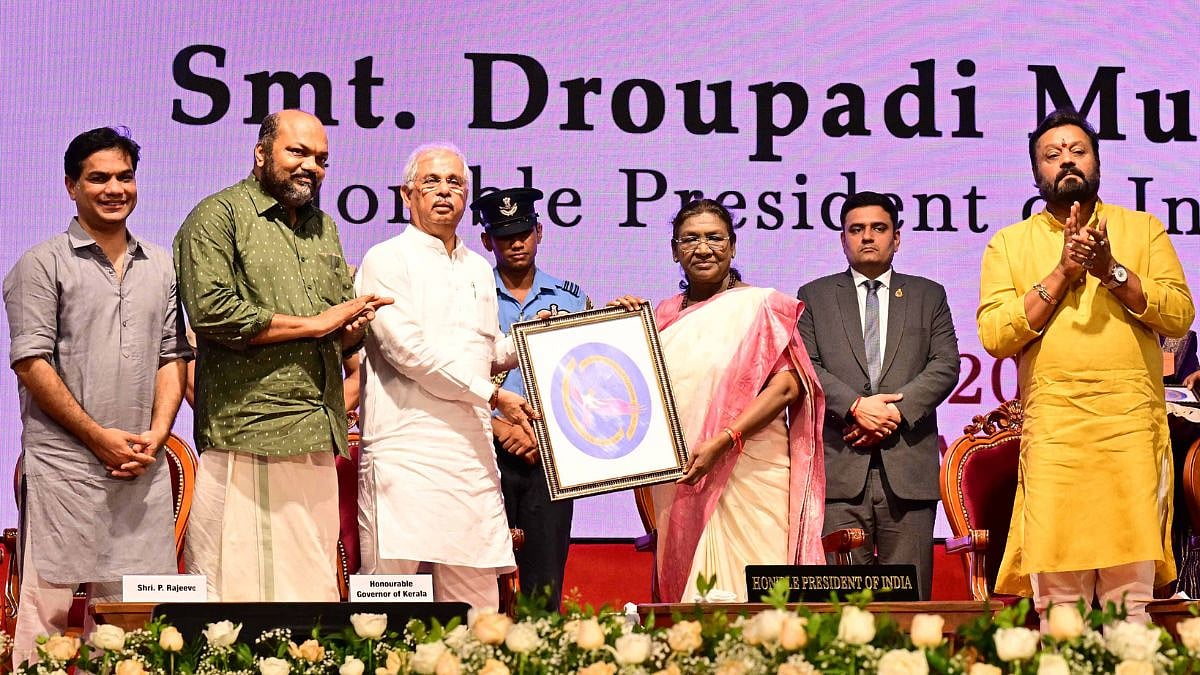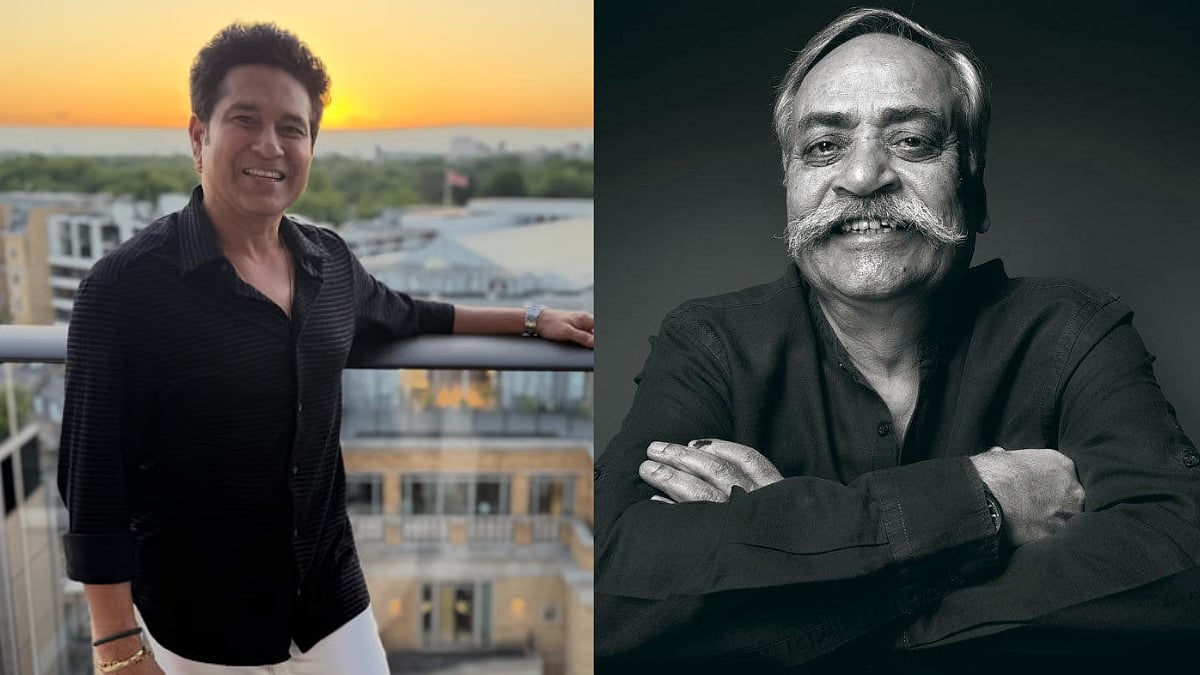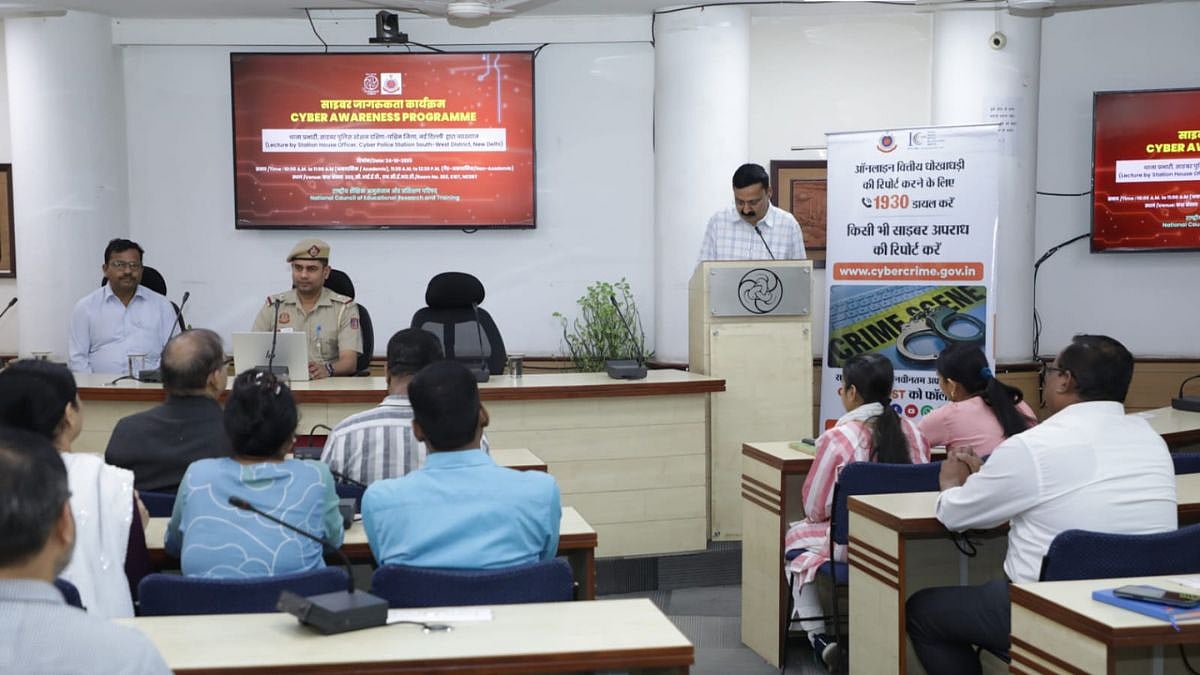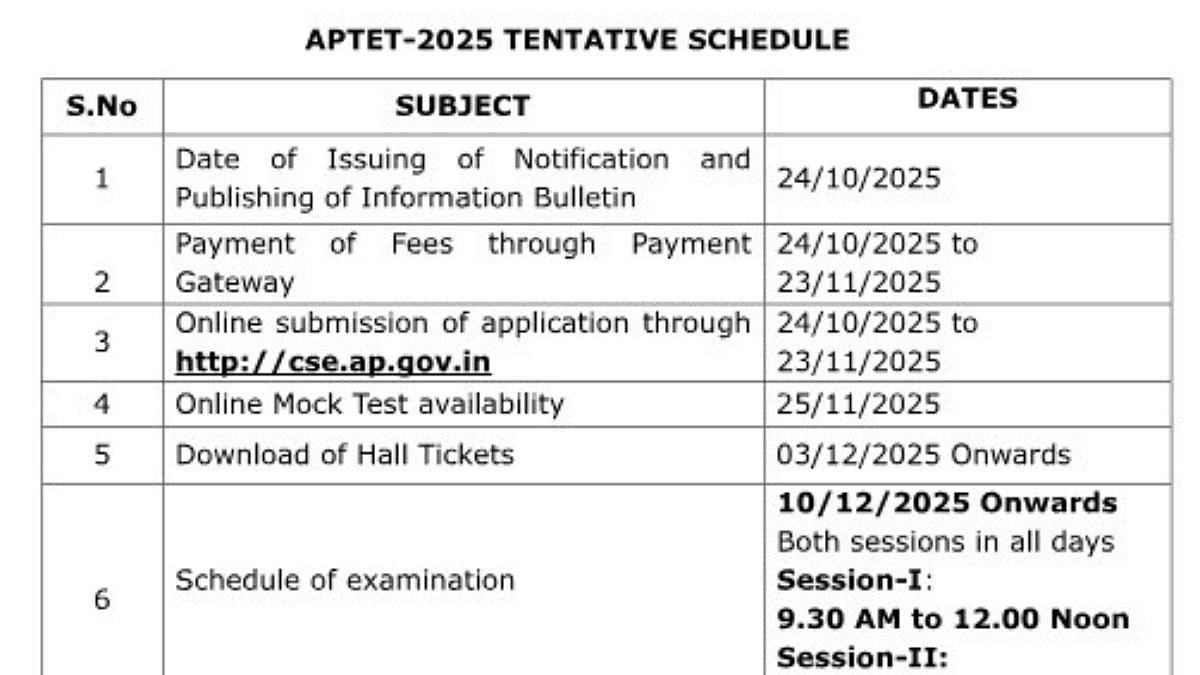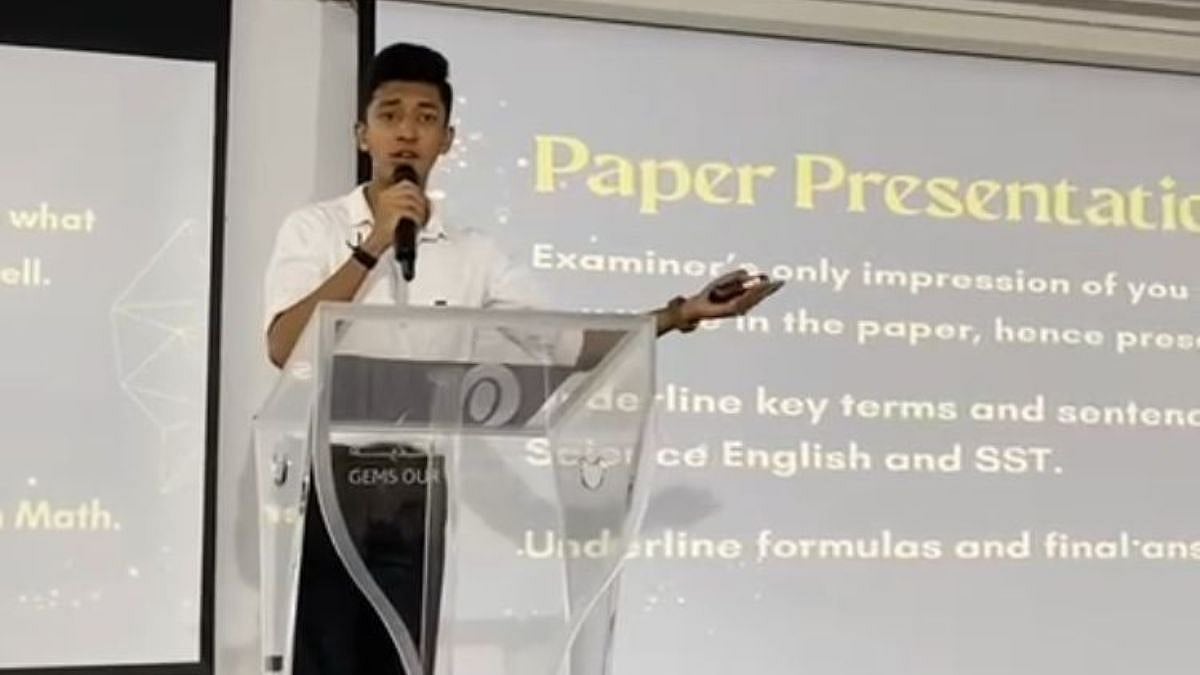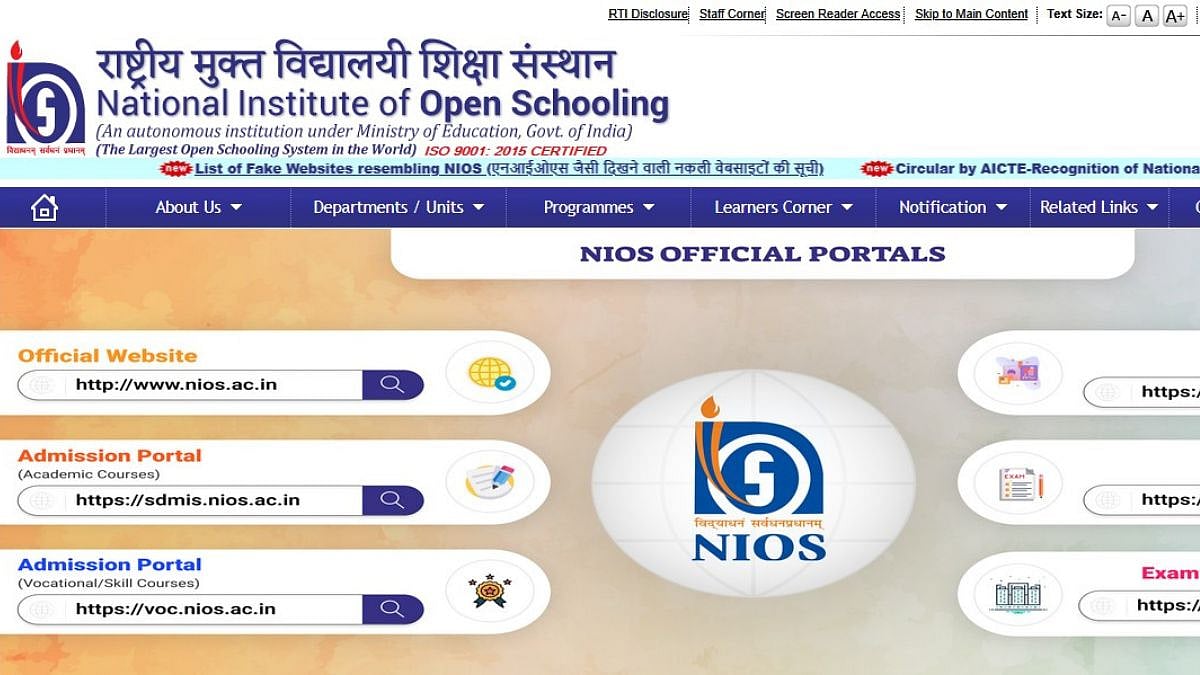The Allahabad High Court has reiterated the fundamental principle that fees paid by students serve as a quid pro quo for the educational services provided by institutions. Justice Manish Mathur, presiding over the case, emphasised that fees deposited during counselling sessions are in exchange for the educational opportunities extended by colleges.
Background and Verdict
According to the Live Law reports, the case involved a petitioner who participated in the NEET for the undergraduate program in 2022. Initially allocated a seat at F.H. Medical College, Agra, the petitioner later secured admission to NIMS University, Jaipur, during subsequent counselling rounds.
Expressing dissatisfaction with the initial allocation, the petitioner sought resignation from F.H. Medical College and requested a refund of the deposited fees. The High Court, considering the petitioner's circumstances, underscored the necessity of adhering to government directives regarding fee refunds, with particular attention to the provision's eligibility criteria.
During deliberation, the Court exercised leniency concerning compliance requirements, interpreting the submission of proof from the subsequent counselling session as a directory rather than mandatory. This interpretation aimed to facilitate the refund process, recognising the provision's intended benefit for students, as reported by Live Law.
Upholding Student Welfare
Emphasising the overarching principle of preventing unjust enrichment, the Court unequivocally stated that fees must be refunded if educational services are not provided. By directing the respondent college to refund the fees, the Court reaffirmed its commitment to safeguarding student rights and ensuring fair treatment within the educational system.

